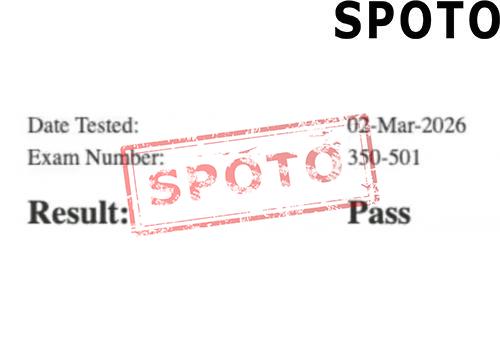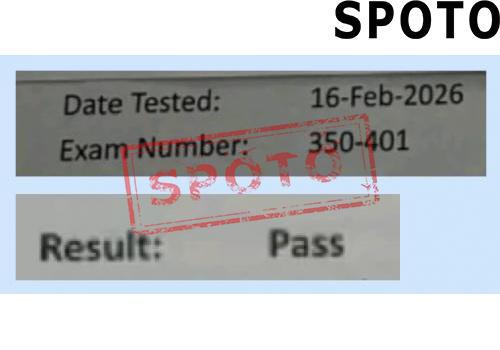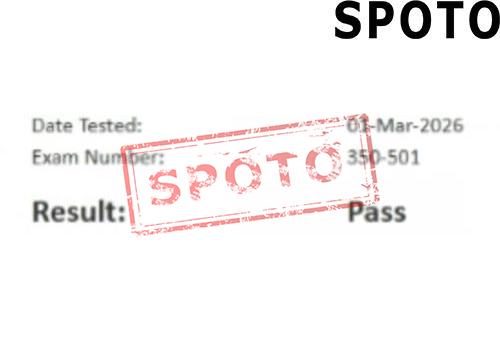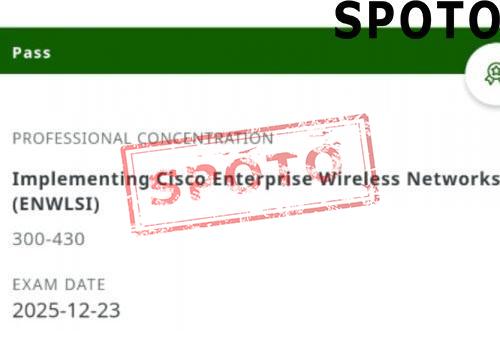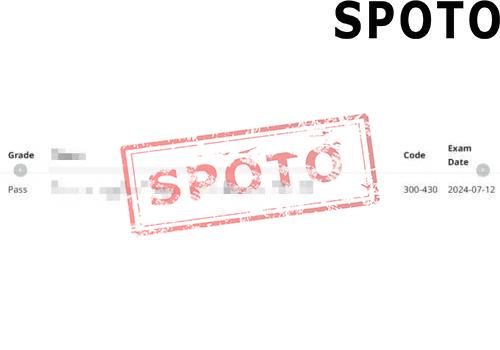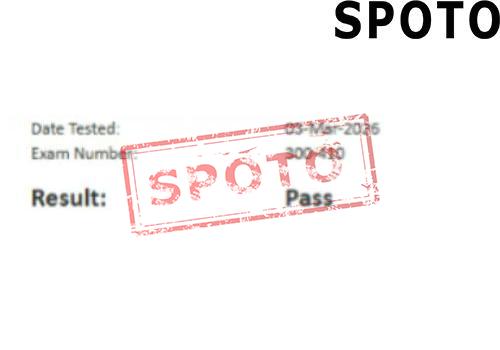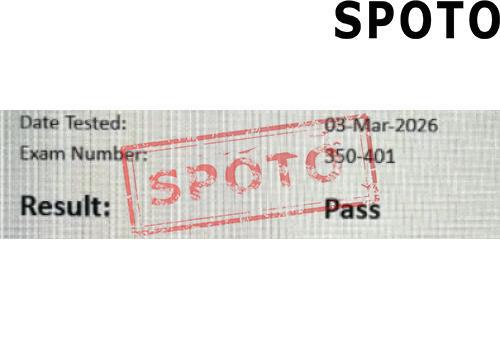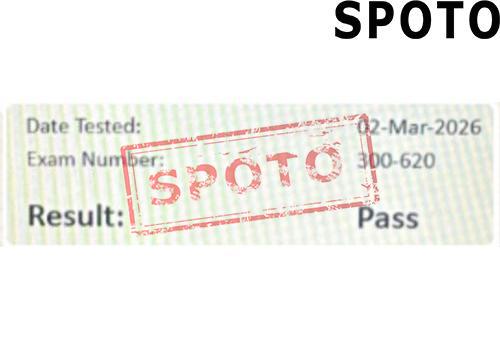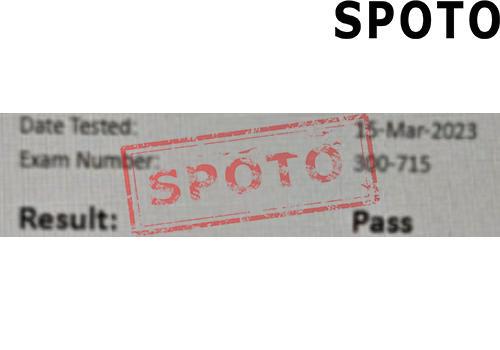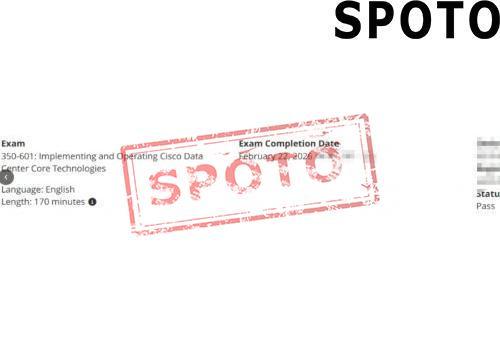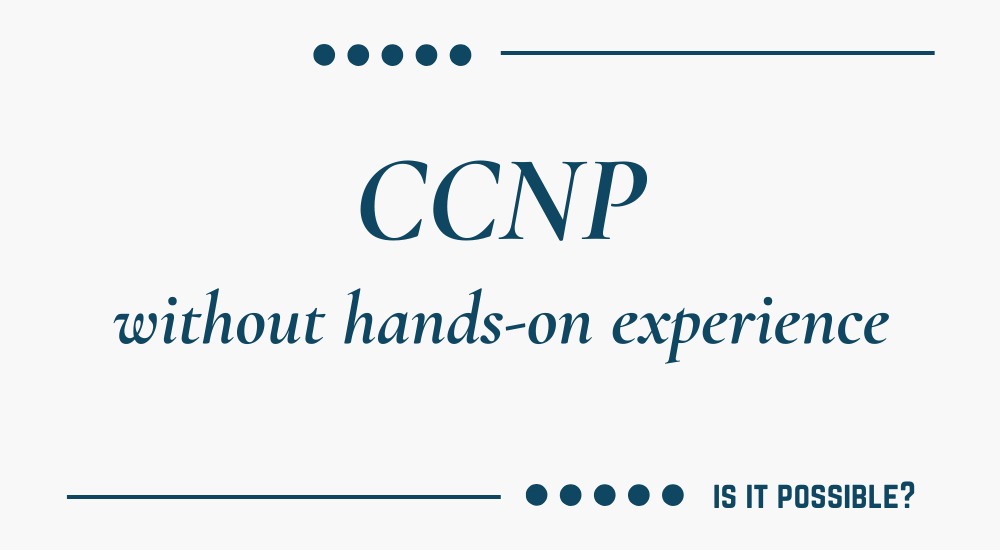
The Cisco Certified Network Professional (CCNP) certification is a prestigious credential that signifies advanced networking expertise. However, it's a question many candidates ponder: Is it possible to pass the CCNP exam without hands-on experience?
The short answer is that while it's possible, it's not advisable. CCNP exams test not only theoretical knowledge but also practical application. Without hands-on experience, candidates may struggle to fully grasp the nuances of network operations and troubleshooting. Let's dive into the reasons and strategies for tackling CCNP effectively.
Why Hands-On Experience Matters for CCNP
1. Practical Knowledge Is Critical
The CCNP certification emphasizes real-world scenarios. Concepts like routing protocols, VPNs, QoS, and network automation require a deep understanding of configurations, troubleshooting, and deployment.
- Exam scenarios often involve configuring devices, debugging issues, and analyzing outputs.
- Without hands-on experience, interpreting these scenarios can be challenging.
2. Improved Retention Through Practice
Hands-on labs reinforce theoretical knowledge, helping you retain concepts better.
- For example, configuring OSPF manually is far more effective than just reading about it.
- Practicing in a lab environment builds muscle memory for common configurations.
3. Confidence in Troubleshooting
Real-world networking often involves troubleshooting, a critical component of the CCNP exam.
- Experience with tools like Wireshark or Cisco debugging commands makes it easier to diagnose and resolve issues.
- Troubleshooting in live environments prepares you for unexpected challenges.
Can You Pass Without Hands-On Experience?
Passing without hands-on experience is possible, but it requires significant effort and strategic preparation. Here's how you can approach it:
1. Leverage Simulation Tools
Even if you don't have access to physical devices, simulators like Cisco Packet Tracer, GNS3, or EVE-NG can replicate real-world scenarios.
- These tools allow you to practice configurations and test your understanding.
- They're a cost-effective alternative to building a physical lab.
2. Focus on High-Quality Study Materials
Invest in resources that emphasize both theory and practical applications:
- Cisco Press Books: Comprehensive guides aligned with the CCNP syllabus.
- Video Tutorials: Platforms like CBT Nuggets or Pluralsight often demonstrate configurations.
- Practice Exams: Test your knowledge and identify gaps.
3. Participate in Online Labs
Platforms like SPOTO offer virtual labs designed for CCNP preparation.
- These labs simulate real-world environments, helping you practice advanced configurations.
- They're ideal for candidates without access to physical equipment.
4. Join Networking Communities
Engage with peers and experts in forums like:
- Reddit's r/ccnp
- Cisco Learning Network
- Networking subgroups on LinkedIn
These communities provide support, insights, and answers to technical questions.
Risks of Attempting CCNP Without Hands-On Experience
1. Difficulty Grasping Complex Concepts
Without practical exposure, concepts like MPLS, BGP, or QoS can be abstract and harder to apply.
2. Reduced Problem-Solving Skills
Real-world experience develops troubleshooting skills essential for both the exam and your career.
3. Limited Career Readiness
Even if you pass the CCNP, a lack of hands-on experience may hinder your ability to perform in a professional setting. Employers value candidates who can apply their knowledge practically.
Strategies to Compensate for Limited Experience
1. Volunteer for Networking Projects
Offer to assist with network setups or maintenance in your workplace or community. Practical exposure, even at a basic level, is invaluable.
2. Enroll in Bootcamps
CCNP boot camps offer intensive, hands-on training. Many are instructor-led and simulate real-world challenges.
3. Shadow a Network Professional
Learn by observing experienced professionals as they configure and troubleshoot networks.
Final Thoughts
While it's technically possible to pass the CCNP certification without hands-on experience, it's not the ideal path. The CCNP demands a deep understanding of networking principles, which are best learned through practical application.
If you lack access to physical equipment, leverage virtual labs, simulators, and online resources to bridge the gap. Remember, the certification is a stepping stone, but real-world experience is what truly solidifies your expertise.
